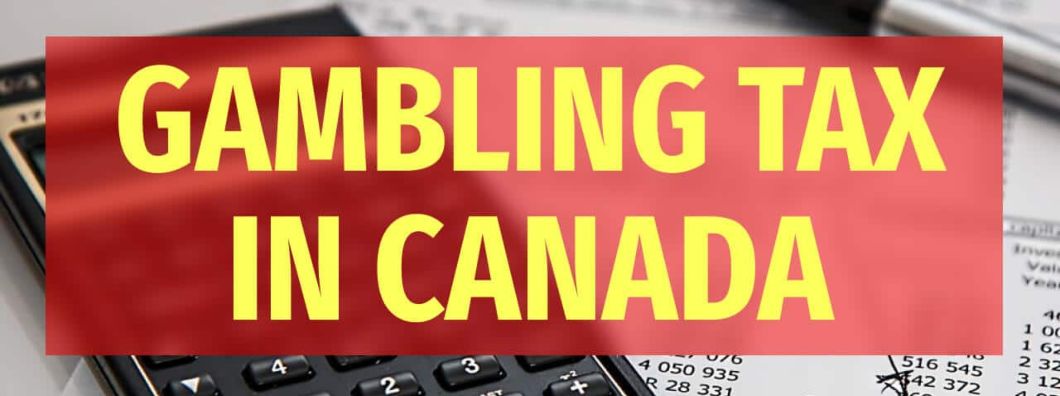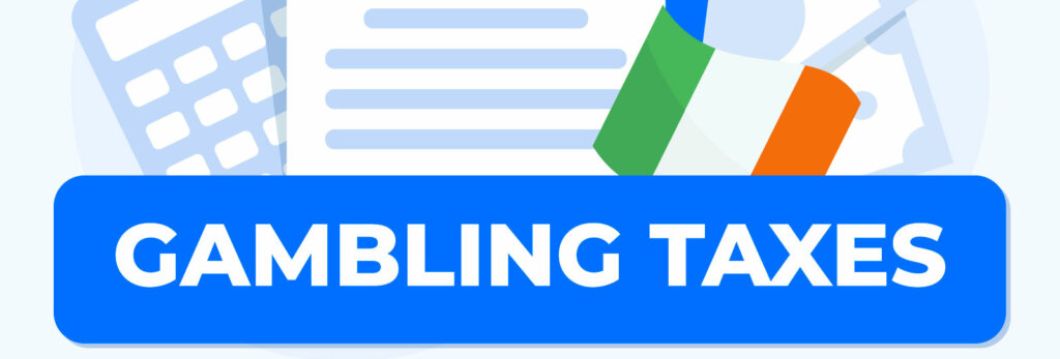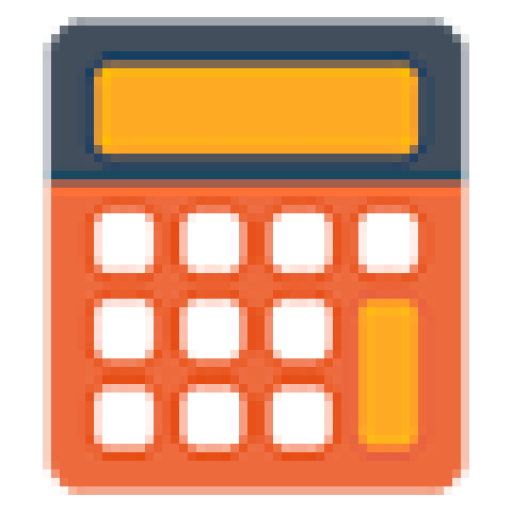Gambling taxation policies differ greatly between countries, and understanding these differences can help both casual players and professionals manage their finances effectively. Canada and Ireland have distinctive approaches when it comes to taxing gambling activities. For most casual players, the rules might seem simple: no taxes on winnings. But for professional gamblers, the picture becomes more complex. Knowing when and how gambling income is taxed is crucial to avoiding financial surprises, especially if gambling is part of your livelihood.
The surge in online gambling in Ireland and Canada has made it easier for players to engage in their favourite games. With more platforms available, it’s essential to choose reliable options, especially for those who take gambling more seriously. For those in need of reliable platforms, specialist picks for the best Irish online casino sites will guide you to safe and trusted gaming environments. Having access to safe, transparent platforms helps ensure that your gambling experience remains secure, whether you’re a casual player enjoying tax-free winnings or a professional managing your gambling income for tax purposes.
Gambling Taxes in Canada

Tax-Free for Hobbyist Players
In Canada, the good news for casual gamblers is that winnings from gambling are not taxable. This applies to all forms of gambling, including lotteries, casino games, horse racing, and, of course, online casino games. The Canada Revenue Agency (CRA) does not consider gambling a reliable source of income, so winnings aren’t taxed unless gambling is your primary occupation. For most players who enjoy online casino games recreationally, there’s no need to report winnings on your tax return.
Pro Gamers and Their Tax Duties
For professional gamblers, however, things are different. If gambling is your primary source of income, the CRA considers it a business activity. As a result, professionals are expected to report their earnings as income. This means filing taxes on net income, which is calculated by subtracting gambling-related expenses (travel, entry fees, etc.) from winnings. Here’s a list of common deductions for professional gamblers in Canada:
- Entry fees for tournaments (both online and live)
- Travel expenses to gambling events
- Accommodation costs during gambling-related trips
- Equipment or software required for gaming (e.g., computers, special chairs, etc.)
- Subscription fees for gambling-related tools or resources (e.g., strategy websites)
- Internet costs, if gambling is done online as part of your profession
- Meals and entertainment during official gambling activities (subject to specific limits)
For professionals, it’s essential to keep detailed records of all gambling activity, including winnings and losses. Failure to do so could result in tax audits or penalties. Unlike casual players, professional gamblers can deduct gambling-related expenses, similar to how businesses can write off operational costs. This allows them to reduce their taxable income, but it requires careful documentation.
Gambling Taxes in Ireland

Winnings for Non-Professional Gamblers
Much like Canada, Ireland doesn’t tax gambling winnings for casual players. Whether you’re playing the lottery, betting at a horse race, or trying your luck at an online casino, any winnings you collect are tax-free. The Irish Revenue Commissioners don’t require you to report any of your gambling winnings if you’re a recreational player. So, casual online casino players in Ireland can enjoy their winnings without worrying about tax filings.
Taxation for Proficient Users
The situation changes, however, if gambling becomes your primary source of income. While the laws aren’t as clear-cut as in Canada, if Irish tax authorities consider your gambling activity to be a profession or a business, you may be required to pay taxes on your earnings. This applies to professional poker players or other individuals who consistently generate income through gambling. In this case, gambling income is treated as taxable earnings, just like any other profession.
Ireland’s tax system is less explicit than Canada’s in defining professional gambling, but it’s essential to stay informed if gambling is a significant income stream for you. Seeking advice from a tax professional can help clarify whether you fall under the category of a professional gambler and ensure you comply with all regulations.
Key Differences Between Canada and Ireland
Although both countries offer tax-free winnings for casual players, professional gamblers face more stringent tax rules in Canada compared to Ireland. Below is a table comparing the tax treatment of casual and professional players in Canada and Ireland.
| Category | Canada (Casual) | Canada (Professional) | Ireland (Casual) | Ireland (Professional) |
|---|---|---|---|---|
| Tax on Winnings | No | Yes (as income) | No | Yes (if considered a business) |
| Reporting Requirements | None | Required | None | Required (if considered a business) |
| Deductible Expenses | Not applicable | Yes (gambling-related) | Not applicable | Yes (if taxed as a business) |
| Tax Rate | Not applicable | Marginal tax rate | Not applicable | Based on business income |
| Audit Risk | Low | High (if unreported) | Low | High (if unreported) |
Occasional Players
Both Canada and Ireland offer a tax-free environment for casual players. Whether you’re gambling at a casino or playing online, neither country taxes your winnings if you’re gambling recreationally. For most players, this means you can focus on enjoying the game without worrying about any tax implications.
High-Level Gamblers
In Canada, the tax rules for professional gamblers are more straightforward than in Ireland. Canadian law explicitly states that professional gamblers must declare their gambling earnings as taxable income. In contrast, Ireland’s regulations are less clear-cut. However, both countries consider gambling income taxable when it is classified as a business activity. Professional gamblers in both nations are advised to maintain comprehensive records of their gambling activities, including any related expenses, to accurately calculate their net income for tax purposes.
Operator Taxes
Another key difference lies in how each country taxes the operators of gambling platforms. Ireland taxes gambling operators, which can affect the overall gaming environment, including payouts and promotions. Canada’s taxation system is less focused on operators and more on individual gamblers who earn their primary income through gambling. Below is a table comparing the tax treatment of gambling operators in Canada and Ireland.
| Aspect | Canada | Ireland |
|---|---|---|
| Tax on Operators | Varies by province, not uniformly taxed | 1% turnover tax on betting shops, 15% on gaming revenue (online) |
| Impact on Player Winnings | Minimal, affects operators more | Affects payout structures and bonuses |
| Regulation Authority | Provincial gaming authorities | Irish Revenue Commissioners |
| Online Casino Licenses | Available but vary by province | Strict licensing with revenue-based taxation |
Tax Calculation for Players
Casual Players
For most casual players in both Canada and Ireland, there’s no need to calculate gambling taxes. Since winnings aren’t taxed, you don’t have to report them on your tax returns or keep records of your gaming activity. However, if you’re engaging in gambling frequently, it’s a good idea to keep track of your wins and losses, just in case you are ever audited or your gambling activity is questioned.
Seasoned Players
Professional gamblers in both countries need to be more diligent about tax calculation. In Canada, professionals must calculate their net income, which involves deducting gambling-related expenses from their total winnings. Expenses might include travel, tournament fees, and equipment. In Ireland, while less defined, a similar approach is advisable if your gambling is seen as a business. Keeping clear, accurate records of all expenses and winnings is crucial for professionals to reduce their tax burden.
